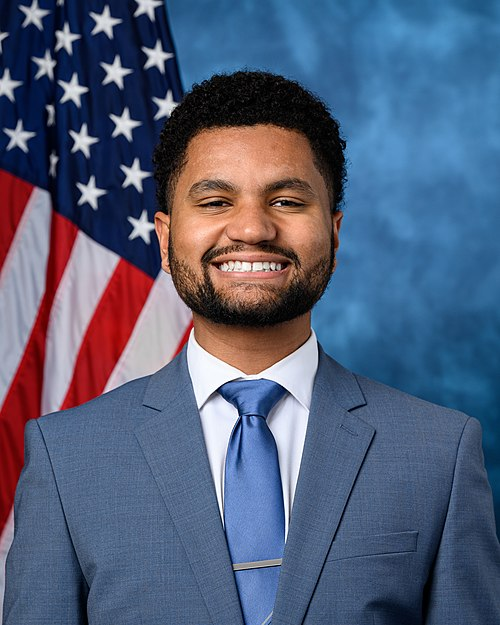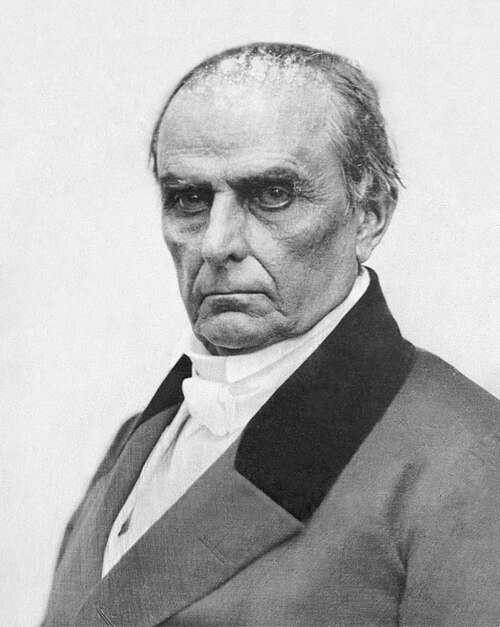H.R. 4563: Fixing Gaps in Hurricane Preparedness Act
This bill, titled the Fixing Gaps in Hurricane Preparedness Act
, proposes measures to enhance understanding of how the public receives and responds to hurricane forecasts and warnings. The main objectives of the bill are as follows:
1. Research and Development
The bill mandates the National Oceanic and Atmospheric Administration (NOAA), in collaboration with the National Science Foundation, to conduct research aimed at improving knowledge on the following:
- How the public interprets and reacts to hurricane forecasts.
- Factors that affect decision-making related to hurricane warnings, including:
- The connection between weather models and forecast products.
- The use of forecasts by emergency managers and governmental agencies.
- The effect of past hurricane experiences on decision-making.
- The role of forecast sources in how messages are interpreted.
- How demographic factors, such as age and disability, influence understanding and response to forecasts.
- Language barriers that may affect communication.
- Geographic variations in understanding and response, including in rural, urban, and suburban settings.
2. Identifying Data Gaps
The NOAA is tasked with identifying gaps in existing data based on its research. This involves:
- Conducting social and behavioral research to gather data on public comprehension and reactions to hurricane updates.
- Evaluating the economic benefits of improving the lead times of hurricane warnings, particularly for vulnerable populations.
- Assessing affected populations and gathering baseline data.
3. Retrospective and Ex Ante Assessments
The bill requires NOAA to perform several types of assessments:
- Retrospective assessments of past hurricane forecasts and their effectiveness.
- Pre-emptive evaluations based on potential improvements to forecasts and anticipated changes in public behaviors.
4. Cost-Benefit and Risk Analyses
NOAA must also conduct analyses that consider:
- The costs and benefits of alternative improvements to forecasting methods.
- Risk assessments focused on communities with significant elderly populations at various stages of a hurricane's impact.
5. Data Collection and Archiving Policies
The legislation stipulates the establishment of policies for collecting and archiving data related to community responses to hurricanes, emphasizing the responses of vulnerable populations.
6. Pilot Study
Within 180 days of enactment, NOAA must engage in a pilot study that surveys hurricane-prone areas to assess residents' preparedness for hurricanes. The study will evaluate:
- Possession of disaster supplies.
- Decisions related to evacuation.
- Trust levels in information about hurricanes from various sources.
- Accessibility of warnings in participants’ first languages.
- Barriers to evacuation decisions.
This study’s methodology will be defined and made publicly available on NOAA’s website.
Relevant Companies
None found.
This is an AI-generated summary of the bill text. There may be mistakes.
Sponsors
2 bill sponsors
Actions
2 actions
| Date | Action |
|---|---|
| Jul. 21, 2025 | Introduced in House |
| Jul. 21, 2025 | Referred to the House Committee on Science, Space, and Technology. |
Corporate Lobbying
0 companies lobbying
None found.
* Note that there can be significant delays in lobbying disclosures, and our data may be incomplete.
Potentially Relevant Congressional Stock Trades
No relevant congressional stock trades found.

